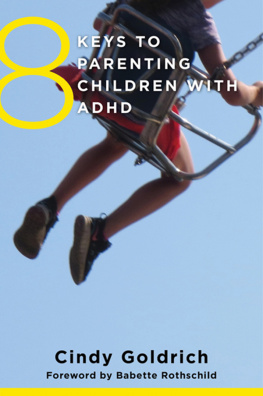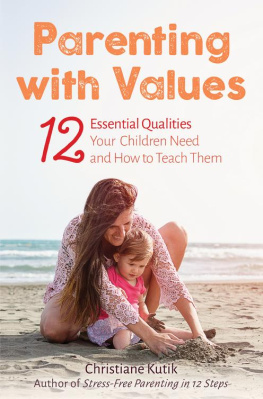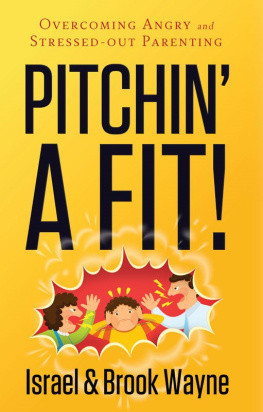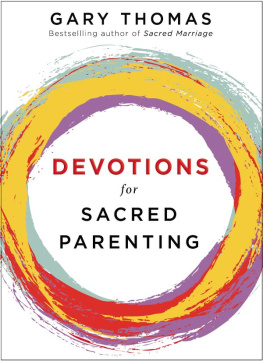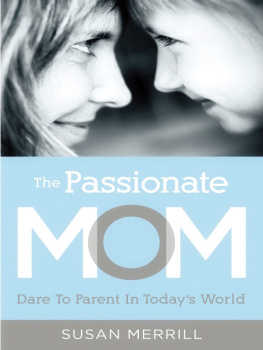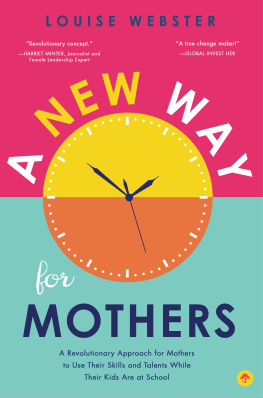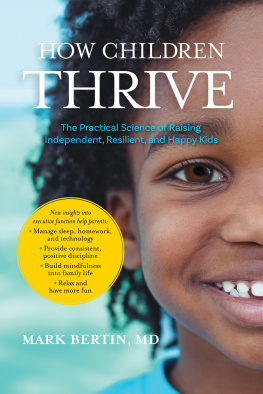Copyright 2021 by Einat Nathan
Translated from the Hebrew by Leanne Raday
Jacket design by Sara Wood
Cover copyright 2021 by Hachette Book Group, Inc.
Hachette Book Group supports the right to free expression and the value of copyright. The purpose of copyright is to encourage writers and artists to produce the creative works that enrich our culture.
The scanning, uploading, and distribution of this book without permission is a theft of the authors intellectual property. If you would like permission to use material from the book (other than for review purposes), please contact permissions@hbgusa.com. Thank you for your support of the authors rights.
Hachette Go, an imprint of Hachette Books
Hachette Book Group
1290 Avenue of the Americas
New York, NY 10104
HachetteGo.com
Facebook.com/HachetteGo
Instagram.com/HachetteGo
First Edition: April 2021
Hachette Books is a division of Hachette Book Group, Inc.
The Hachette Go and Hachette Books name and logos are trademarks of Hachette Book Group, Inc.
The publisher is not responsible for websites (or their content) that are not owned by the publisher.
Library of Congress Control Number: 2020950742
ISBNs: 978-0-306-92404-0 (hardcover), 978-0-306-92405-7 (e-book)
E3-20210217-JV-NF-ORI
Dedicated to my late mother, Miriam, that no day goes by without the deepest yearn for her words, her smile, and her touch
T HE STORY OF HOW WE BECOME PARENTS, THE PARENTS we are and the parents we will be in the future, is a story thats rewritten every day and every moment. Its a story about falling in love and about love itself, about communication and ego, about fear and hardship, about old pains weve forgotten and new ones that are created along the way. Its a story about bravery and modesty, imperfection, harmony and disharmony, but, most of all, its a story that has several narrators and different points of view.
Drawing from thousands of encounters with parents, my own personal parenting experience, and the professional knowledge I have accumulated, I write here about the complicated tale of parenthood as I see it. The lessons my children teach me are written in my lifes story and are presented to you here following my belief that this is how we should be talking about parenthood today.
Children come into the world without any operating manuals. Just as we wouldnt dream of feeding them every other day or of changing their diapers only when we feel like it, we cannot set out on the journey of parenthood without understanding what our children need on the emotional level in order to evolve into complete human beings. Thats why we often find ourselves quite lost when standing in front of the parenting bookshelf, succumbing to new techniques that promise us a child who will sleep through the night, excel at AP classes, and send us flowers every week along with a note thanking us for all that we do for him. At the same time, we are less attentive to the intuitive voice inside us and too attentive to our anxieties and other parents on the playground. We dont have enough fun, were often struggling, exhausted and angry, and the whole thing is wrapped up in a nice package of guilt, because we feel were never doing enough.
Our most significant challenge as parents is to try to expand the way we automatically interpret things and to rethink our reactions: That girl wakes up every morning just to drive me crazy, Hes testing me, Shes being manipulative, Hes doing it on purpose, Theyll kill each other if we dont step in, and countless other phrases we write in our narrative. Then we respondwe put out the fires they light, get annoyed when theyre annoying, enjoy them when theyre cute or cooperative, and generally find ourselves dependent on them and their behaviors. We are not really in control. Many things actually are beyond our control, but we can control the relationships at home.
I believe in taking control of the familial environment. I believe in improving relationships. I believe in parental intuition and good intentions. I believe that sometimes its enough to think differently or interpret things in a different way to make things better and include more moments of happiness in the story we write.
When you read my words, I hope you understand your own stories better. The most important discussion about parenthood is not related to techniques or tips, or to authority, rules, or boundaries, either. The most important thing about talking parenthood is discussing relationships. The parent-child relationship is not an equal relationship, but a relationship where the value of equality is present. Its a relationship in which we have to figure out the nature of our role (and yes, it is a role), understand what our children are telling us even when theyre not saying anything, know what is really requiredand no, it isnt necessarily to be tougher or to set more boundaries. Above all, its about observing the work from the viewpoint of the relationship between us and them, through the understanding of how significant we are to them, taking into consideration the life skills we would want to give them and their self-esteem, which is in our hands. This relationship needs to survive growing, failing, becoming an adult, learning, and disagreeing, and must provide children with what they need to face the challenges of living in the jungle out therethe difficulties, the social relations, the formation of their identity, the tasks of life. Ultimately, when theres a good relationship to lean on, we too become stronger.
Parenthood is like a bungee jump. Its scary and fun, it makes you fly and flings you down, and as the wind blows in your face between heaven and earth after youve dared to take that leap, there are a few moments of unparalleled exhilaration and joy. Remember that youre tied by a lifeline: your kids are the best anchor you can have for a jump like that. Theyre the ones who keep us in the parental role that requires so much courage, and theyre the only ones who make these magical moments possible. So hold on tight and take a deep breath. Were off.
W E WERE ON OUR WAY TO THE DELIVERY ROOM, AN excited and loving couple pregnant with twin boys in the thirty-ninth week. In a few hours we would be a family. Over the past few months we had done everything we were supposed to: we ordered all the baby equipment and moved from our one-bedroom urban pad right above a singles-packed sandwich bar to a quiet neighborhood where people walked around with strollers.
I entered the monitoring room alone, while Yuval waited outside. With twins, its always hard to find the heartbeat at first, but I knew where they were each nestled in my bodythe three of us had been together for many months. The one on the right was very active; his brother was quieter, but no less present. I told the midwife where to look for them and advised that she begin with the left one: You always find his heartbeat first, hes more patient, I joked. His brother is another story.
I remember her having some trouble for a few minutes, and I thought to myself that she was probably fresh out of nursing school.
Are you here alone or is there someone with you? she asked, and then stepped outside to get Yuval, knowing before we did that these were the final seconds before our universe collapsed.
Yuval came in with a worried expression. The midwife came right after him, accompanied by a doctor, and they both explained very cautiously that they would need to do an ultrasound to locate the heartbeats. Yuval held my hand as he had in every previous ultrasound. The doctor looked at the screen, laid down the probe, and told us that the life within me had ended.
It was my second pregnancy. The first had ended after twenty-two weeks. We had felt so grief-stricken and doomed, we experienced the tremendous loss in all its intensity. Four months after we parted with our eldest daughter, I felt as if God was compensating me when I saw the two pulses on the monitor. There was poetic justice in those two that had come to console my womb: I would have two children, one for the loss I experienced, and the other as a sibling. There must be some greater scheme of things after all, we thought. The pregnancy was not easy, but after we got through the amniocentesis, which marked the stage where our first pregnancy had ended, we felt we had made it. I could make babies that didnt have a scary genetic flaw. Everything was okay.


